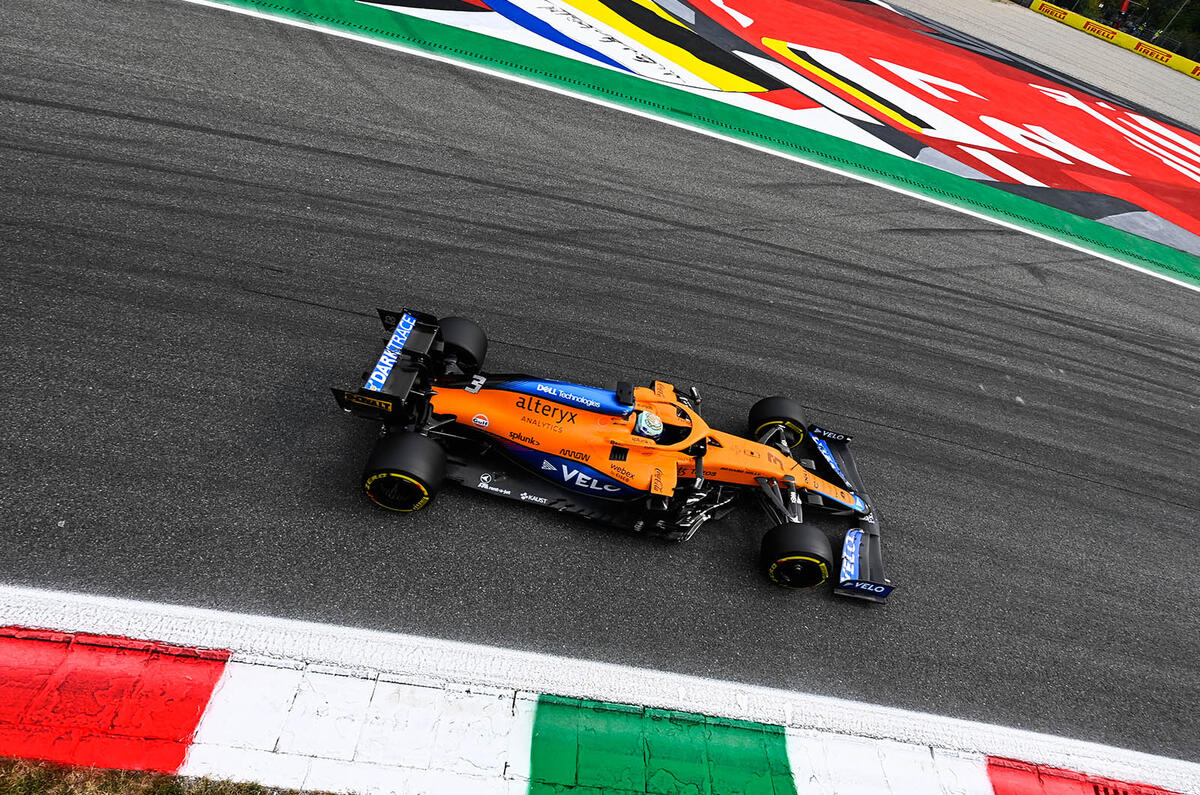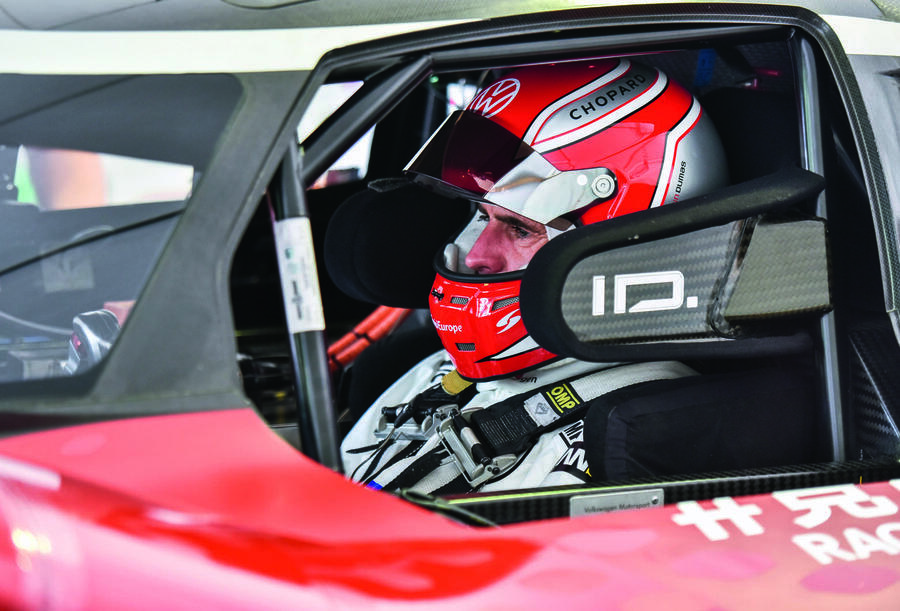What’s the best way to set the grid for a race? It’s a question that several series are grappling with at present and cuts to the heart of the debate over whether motorsport is a sporting contest or entertainment product.
In Formula 1, there’s much debate over the new Sprint qualifying races, and it’s a talking point in Formula E, which uses a much-criticised multi-session format that handicaps the front-runners by forcing them to run when track conditions are least favourable.
There’s an unresolvable tension to qualifying, especially in an age that calls for the session to be compelling viewing. Putting the fastest driver at the front is the best way to reward performance but generally comes at the expense of entertainment for the race: imagine giving the fastest qualifier for the Olympic 100 Metres final a headstart. But what are the alternatives?
You could scrap qualifying entirely. In grand prix racing’s early days, grids were drawn at random. It wasn’t until 1933 when the grid was first set by lap times in practice. A lottery would be democratic but unfair: imagine if two drivers were locked in a title battle at the season finale, then one was drawn on pole, the other 20th.
What about the system that Nascar has adopted since the start of the pandemic? At all but a handful of key races, the grid is set by a formula that incorporates championship positions, results and lap times from the previous race. While it means the in-form drivers tend to start near the front, the lack of practice means there’s often early shuffling. But then qualifying is a key TV event, which is important for teams, sponsors and broadcasters...
Frankly, I don’t think there’s much wrong with F1’s current system, with the exception of the bodged ways F1 bosses have tried to mix up the starting order through the liberal use of grid penalties for incidents or part changes. It’s stupid when the starting grid so often differs from the qualifying order due simply to a bunch of tedious penalties.
Ultimately, if F1 bosses are set on changing the formula, they need to fully embrace it. Sprint qualifying isn’t a bad idea, not least because it creates an extra TV event with Friday evening qualifying. But it’s hamstrung by only having a handful of points on offer, in a move to appease traditionalists. Drivers have more to lose than gain, with little incentive to try risky moves. If the Sprint winner were given 10 points, rather than three, I suspect we would see more action.
Would that detract from the grand prix? Perhaps, but I doubt those gunning for a win would battle any less fiercely. They’re racing drivers, after all. So, what is the best way to set the starting grid for a race? I would be fascinated to hear your thoughts.





Join the debate
Add your comment
There should be sprint races for all qualifying and grid positions for the sprint should be set by reverse championship places so the Championship leader is last on the grid but gets the chance to improve position by overtaking in the sprint. No points available.
This system would have a self levelling effect meaning the championship is wide open and no-one can run away with it, but the fastest car/driver should still win the championship.
F1 needs a whole shake up. I used to be a huge fan, attend various races, read up on latest team/car changes. Even people at work would discuss the race highlights on a Monday. Now? I haven't watched a full race for years, maybe the odd F1 Channel youtube highlights. I couldn't tell when you when anyone last mentioned F1 (and I'm in an automotive supplier!).
Agree that a plethora of qualifying penalties spoil many races and sometimes championships. In a period of budget caps why does it matter if a team uses ten engines, it will have to sacrifice in some other area.If there is a need to punish driver infringements, apply the punishment to the race they occur in, by applying finishing place penalty, not an often ineffective time penalty.